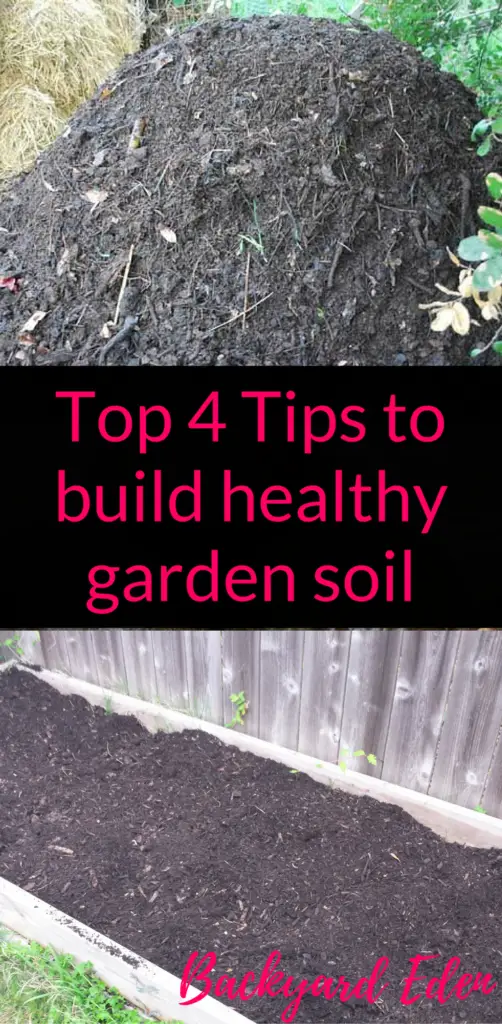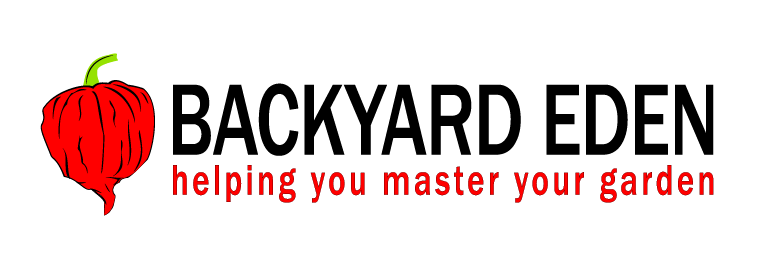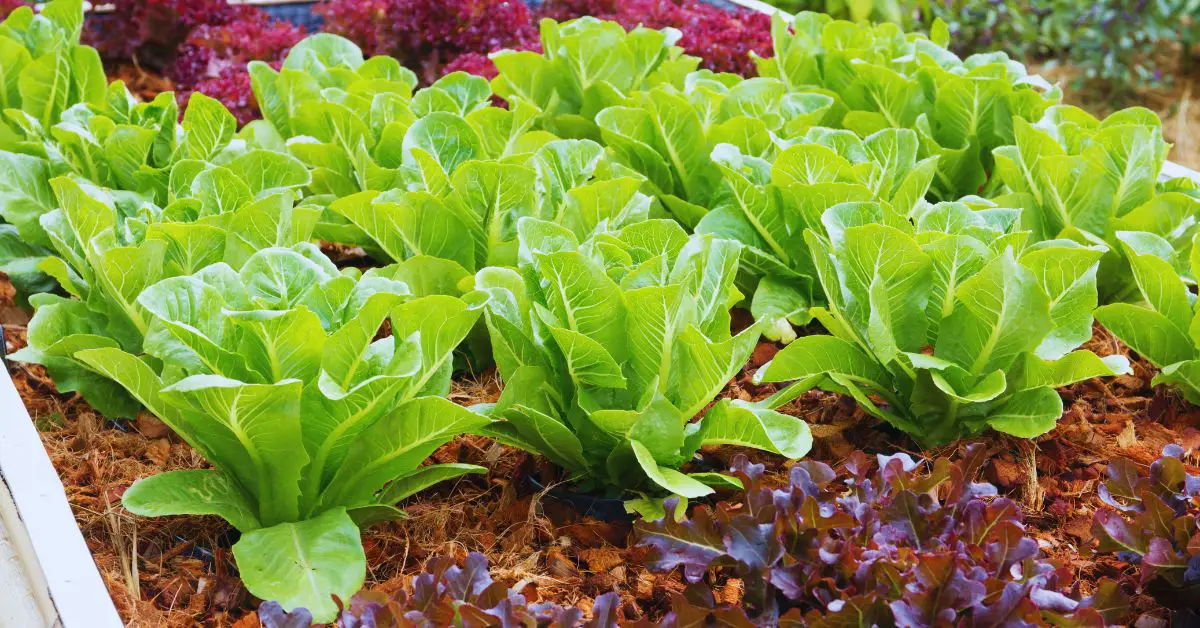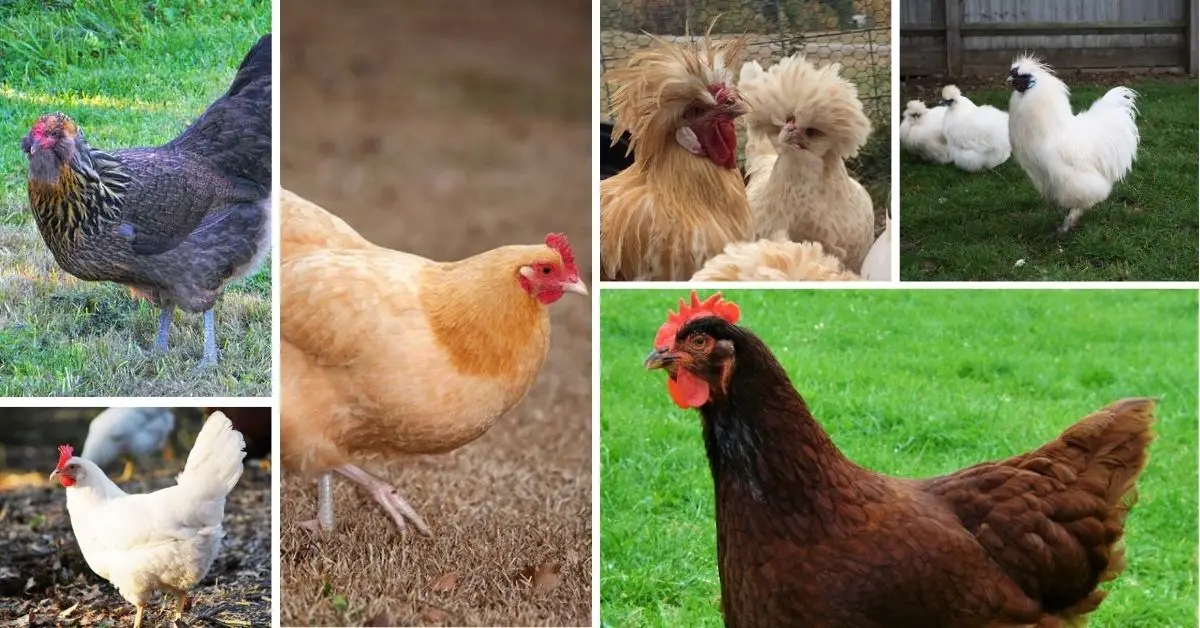Top 4 Tips to Build Healthy Garden Soil
Soil is a blend of organic material, water, air, and minerals. The organic matter comes from plant roots, microorganisms, and decaying plants and animals. When you follow these top 4 tips to build healthy garden soil, you will be pleased with your garden.
When the organic material decays it feeds the plants that are growing in the soil.
Although organic material makes up only five percent of the soil, it’s the source of the nutrients that plants need to thrive.
If your plants are weak and your yield low or if you have major insect and disease problems, it’s likely because your soil lacks adequate nutrients and is either too acidic or too alkaline.
You can learn the acidity or alkalinity of the soil—the pH of the soil—and the nutrient levels from a soil test. Different crops require different pH and nutrients; soil test reports make recommendations for adjusting your soil to the crops you want to grow. You can get inexpensive soil test kits from your state’s cooperative extension service.
Top 4 Tips to build healthy garden soil
1. Composting
The best way to improve soil is to add organic matter, and composting is one of the best, if not the best, ways to do that. When you add compost to your soil you improve soil structure, aerate the soil, add nutrients, and improve the ability of the soil to hold water and nutrients. You can make compost in an open heap or an enclosed bin.
Piles should be at least four feet high by four feet wide (the length doesn’t matter) in order to get hot enough to kill any weeds. Manure, sawdust, seaweed, kitchen scraps, leaves (shredding them first helps), and grass clippings are good compost materials. What you use depends on what’s readily and cheaply available. But don’t use bones, meat, or fat because they attract animals. And be sure not to use grass clipping that have been treated with herbicides.
2. Mulching
Mulching is another great way to improve the health and fertility of your soil. Aged manure, chopped leaves, grass clippings, and straw are just a few of the mulching materials that add organic matter to the soil. (Again, avoid anything that has been treated with herbicide.) In fact, adding one pound of leaves per square foot of garden every year provides all the nutrients your soil needs for growing great vegetables. Plus, mulch helps keep the soil moist and weed-free.
3. Green Manure
Mulching and composting aren’t the only ways to add organic material to the soil. Green manure is a term used for a crop that is grown for the purpose of improving soil fertility. It also helps prevent erosion, keeps weeds away, and improves the structure of the soil. Grains such as buckwheat, oats, peas, beans, and clover are common green manure crops. Your extension service can advise you on the best green manure for your garden.
4. Organic Fertilizer
For the first few years, your garden may need fertilizer, until the soil has enough organic content. Fish emulsion, kelp, and soil amendments are organic additives that can help jumpstart your garden.
If you like this article on the top 4 tips to build healthy garden soil, please share it on social media and with friends. For all the latest recipes, container gardening tips and growing guides subscribe to our newsletter in sidebar.
Also, check out our article on What is container gardening? or Best Herbs to Grow!
Be sure to Like us on Facebook and Follow us on Instagram, Twitter, and Pinterest!






